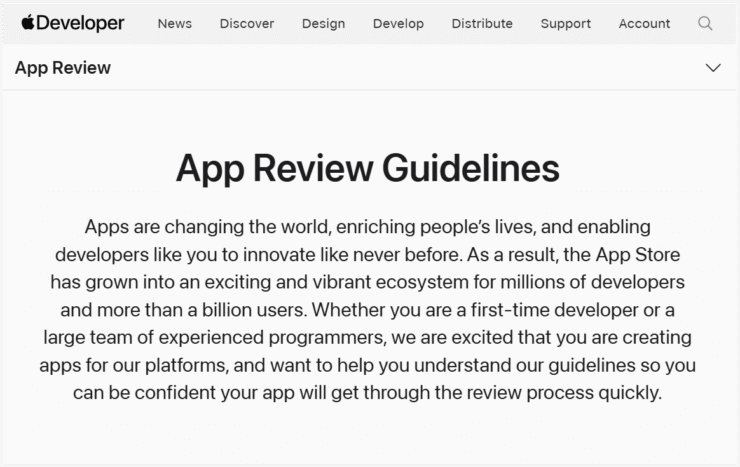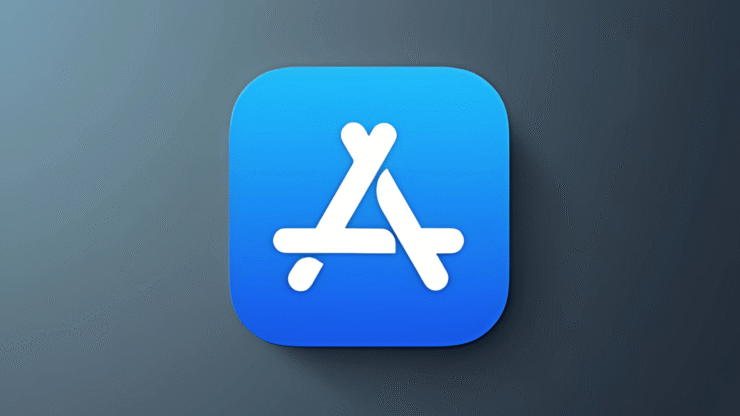Apple has revised its iOS App Store policies, easing long-standing restrictions on crypto and NFT-related applications following a federal antitrust ruling. The move marks a notable shift in Apple’s stance, particularly around how developers can guide users toward external payment methods outside the company’s walled garden.
The policy change comes in response to a court decision this week, where a U.S. District Judge ruled that Apple had “willfully” violated a 2021 injunction by continuing to enforce strict limits on app developers. Specifically, the ruling found Apple in breach for not allowing developers to direct users to external platforms for purchases—such as those involving non-fungible tokens (NFTs) and digital currencies.

In compliance with the court’s directive, Apple has now updated its guidelines to permit U.S.-based developers to include external links, buttons, and calls to action that lead users to third-party websites where digital collectibles and crypto assets can be browsed or purchased. The tech giant also confirmed that it will no longer charge its usual 27% commission fee on those off-platform transactions.
In a message to developers, Apple stated:
“apps on the United States storefront are [no longer] prohibited from including buttons, external links, or other calls to action when allowing users to browse NFT collections owned by others.”
“The prohibition on encouraging users to use a purchasing method other than in-app purchase does not apply on the United States storefront,” the email added.
This shift is seen as a victory not only for Epic Games—whose antitrust battle catalyzed the change—but also for the broader Web3 community, which has long criticized Apple’s closed ecosystem as stifling innovation in decentralized technology.
Policy Change Could Boost Mobile Crypto Adoption
While Apple’s updated App Store rules still restrict in-app purchases of premium content and in-game items to its own payment system, the changes have opened a new window of opportunity for crypto and NFT platforms to reimagine their mobile experiences.
According to Wojciech Kulikowski, a software engineer at decentralized media protocol Farcaster, the new policy—although narrow in scope—could ignite a “generational golden consumer crypto bull run.” The implication is that, by allowing developers to guide users to external sites for purchases, Apple has effectively removed one of the largest mobile barriers to NFT and token adoption.
Until now, popular platforms like OpenSea have been hamstrung by iOS limitations. Their apps allowed for NFT exploration but barred users from actually buying any collectibles due to App Store policy constraints. With the door now open for external redirects, platforms may soon be able to offer more complete transactional journeys without running afoul of Apple’s rules.
Crypto Workarounds Emerge Despite App Store Limits
Despite the recent update, developers remain barred from offering tokens in exchange for tasks, launching initial coin offerings (ICOs), or enabling mining operations via iPhones or iPads.
However, some companies are finding creative workarounds. Platforms like Magic Eden have introduced integrated browser-based wallets that mimic the functionality of popular self-custodial apps like MetaMask, Coinbase Wallet, and Uniswap. These allow users to interact with decentralized apps (dApps) and make crypto purchases without violating Apple’s core rules.
Apple’s stance contrasts with rival Google, which took a more open approach in 2023. The Google Play Store now allows NFTs to unlock in-app content regardless of where they were acquired and requires developers to disclose blockchain elements in their games—a model similar to Epic Games’ platform policies.
Quick Facts
- Apple updated App Store rules to allow external links for NFT purchases on U.S. storefronts.
- Developers can now redirect users outside the app for crypto purchases.
- Experts say this may boost adoption for platforms like OpenSea.
- In-app crypto transactions remain restricted, but developers are exploring browser-based integrations.





